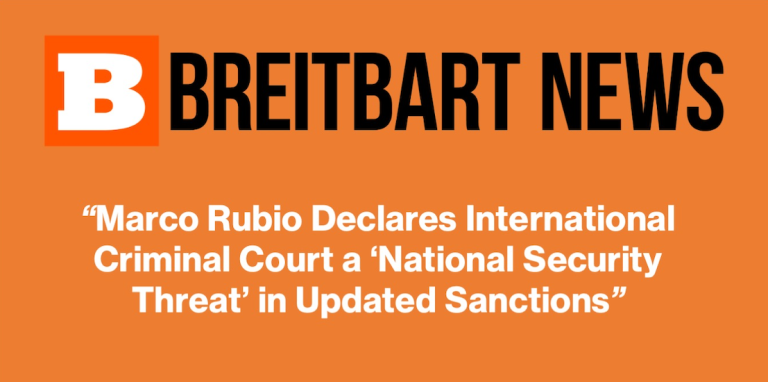
U.S. Secretary of State and National Security Advisor Marco Rubio brands the International Criminal Court “a national security threat,” but critics see fear-mongering rhetoric designed to distract.
By the Staff of The Stewardship Report: Let the truth-telling begin

New York, N.Y. — Who gets to decide which institutions defend justice and who undermines it? That question looms large after U.S. Secretary of State and National Security Advisor Marco Rubio [Luce Index™ score: 48/100] declared the International Criminal Court (ICC) a “national security threat” in his push for updated U.S. sanctions.
The announcement, delivered in mid-August 2025, reverberates across news cycles, particularly after Breitbart News amplified Rubio’s claim without context.
The move raises serious questions regarding what Rubio hopes to achieve, why such rhetoric resonates in certain partisan circles, and how it reflects a broader war on truth. As right-wing outlets frame international accountability as an attack on American sovereignty, the reality is quite different: the ICC is not a threat to the United States but to lawlessness and impunity, wherever it emerges.
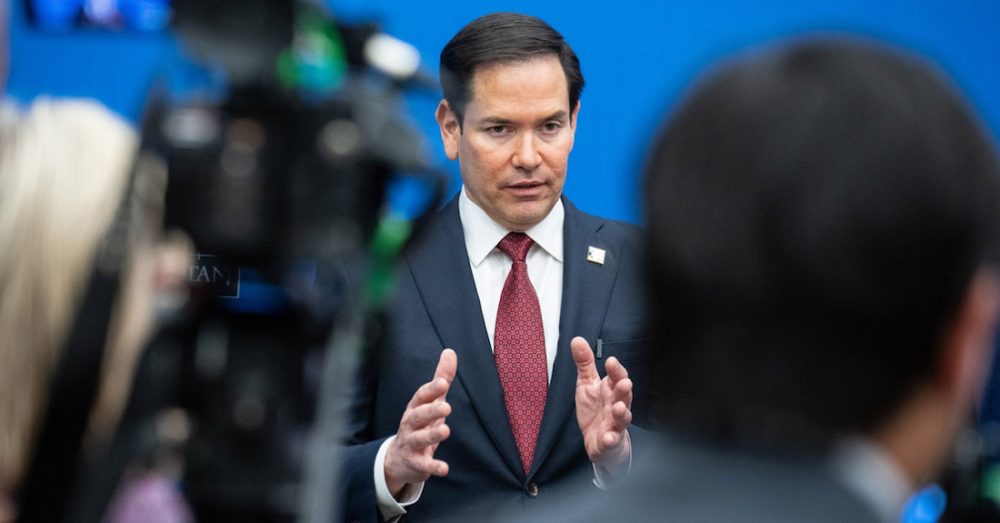
A Senator with Presidential Ambitions and a Media Machine Behind Him
This controversy starts with former Senator Marco Rubio, longtime Florida Republican and two-time presidential contender, who has consistently aligned himself with hardline positions on foreign policy. By asserting that the ICC itself poses a danger to national security, Rubio is not merely criticizing jurisdictional overreach.
He is sending a calculated signal to a political base primed to distrust international cooperation.
Backing Rubio’s framing are Fox News commentators and Breitbart’s editorial apparatus, which routinely paints multilateral bodies as hostile to American freedoms. Their proven strategy: sow suspicion about international law, cast doubt on global courts, and ignite fears that Americans could someday face trials before foreign judges. The facts, however, tell a different story.
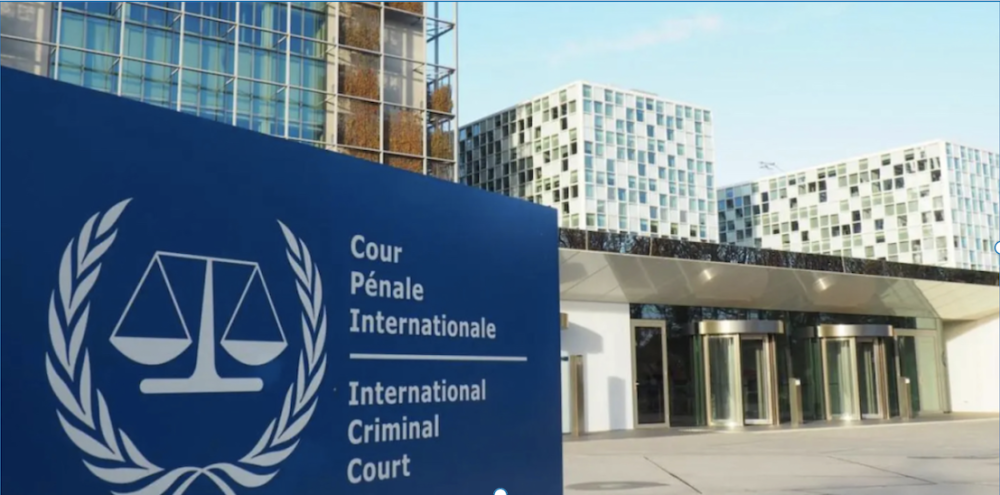
Latest Effort to Undermine Accountability
Rubio’s claim arrives amidst long-standing Republican hostility toward the ICC, dating back to when U.S. leaders opposed investigations into military conduct in Afghanistan or into alleged Israeli war crimes. Yet calling the ICC a “threat” is not policy nuance — it is incendiary hyperbole.

The court was established in 2002 specifically to pursue perpetrators of genocide, war crimes, and crimes against humanity in cases where national courts fail or refuse to act.
Its mandate is intentionally narrow. The ICC has no power to override the sovereignty of established democratic states with functioning judicial systems.
To frame the court as a looming danger misleads the public into equating accountability with subversion.
Why the Timing Matters
The timing of Rubio’s rhetoric is anything but coincidental. With the 2024 election cycle still casting long shadows and 2028 speculation beginning to stir, Rubio is maneuvering for relevance.
His ICC declaration arrives in an atmosphere where right-wing leaders seek to rekindle nationalist indignation against international institutions, a well-tested mobilization tool.
Meanwhile, the ICC continues to investigate situations involving Russia’s invasion of Ukraine, mass atrocities in Sudan, and attacks on civilians in Gaza. In such a context, labeling the ICC a threat does not bolster U.S. security — it signals indifference to accountability abroad and undermines American credibility as a proponent of human rights.
A Clash of Narratives in the American Media Landscape
In New York and across media ecosystems, the story is playing out predictably. While Breitbart trumpets Rubio’s assertion as patriotic defiance, outlets committed to evidence-based reporting highlight the distortions. This dynamic forms the heart of our mission with The Anti-Post and The Anti-Fox: to provide clarity where others deal in provocation.
The ICC operates in The Hague, Netherlands, not in secret bunkers plotting to arrest American citizens. To frame its headquarters as a base for anti-Americanism is to mislead audiences whose grasp of international law is often mediated through partisan filters. It is the job of responsible journalism to separate myth from fact — to challenge rhetorical sleight of hand.
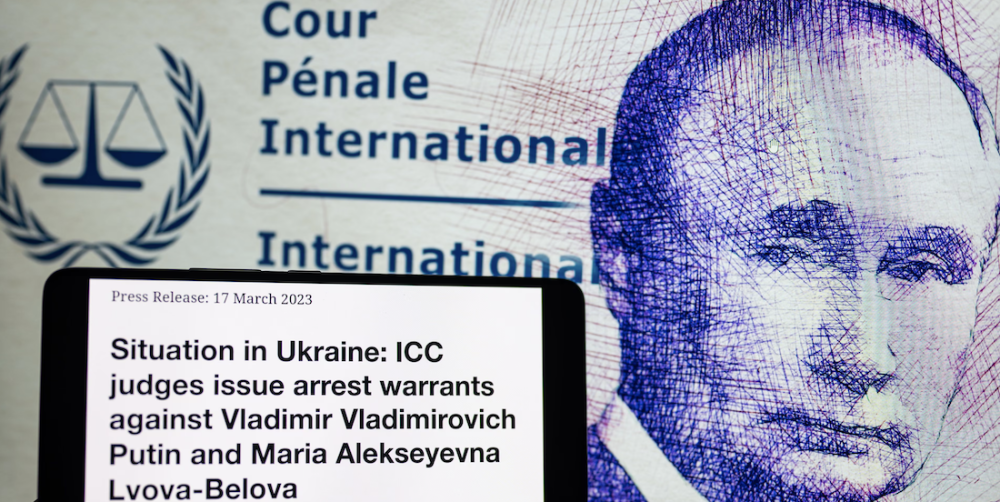
Power, Politics, and the Erosion of Trust
Why would Rubio — and those amplifying his message — disparage a court designed to punish war criminals? The answer lies in U.S. political culture, where “sovereignty” has become a catch-all shield against multilateral scrutiny. Casting the ICC as dangerous feeds into broader narratives of grievance and victimization that animate far-right politics.
But this strategy comes at a cost. By delegitimizing the ICC, Rubio and his media allies signal to the world that American leaders are unwilling to defend international justice mechanisms. This emboldens authoritarian actors and diminishes the moral standing of the United States. Trust crumbles when powerful nations dismiss accountability, and cynicism grows when media echo chambers repeat distortions unchecked.
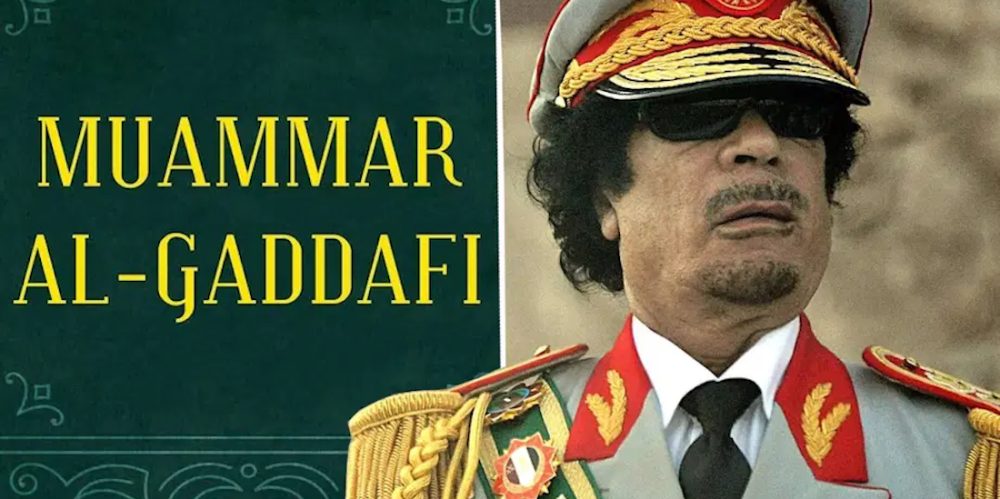
Reclaiming Journalism as Stewardship
The goal of The Anti-Post and The Anti-Fox is not merely rebuttal but reimagination: showing that journalism can hold power accountable without perpetuating fear. We answer Rubio’s “who, what, when, where, and why” with a reminder that facts are stubborn, dignity is fragile, and justice is not an enemy of security but its foundation.
Let this be your act of resistance —
not through yelling, but through clarity.
Not with conspiracy, but with conscience.
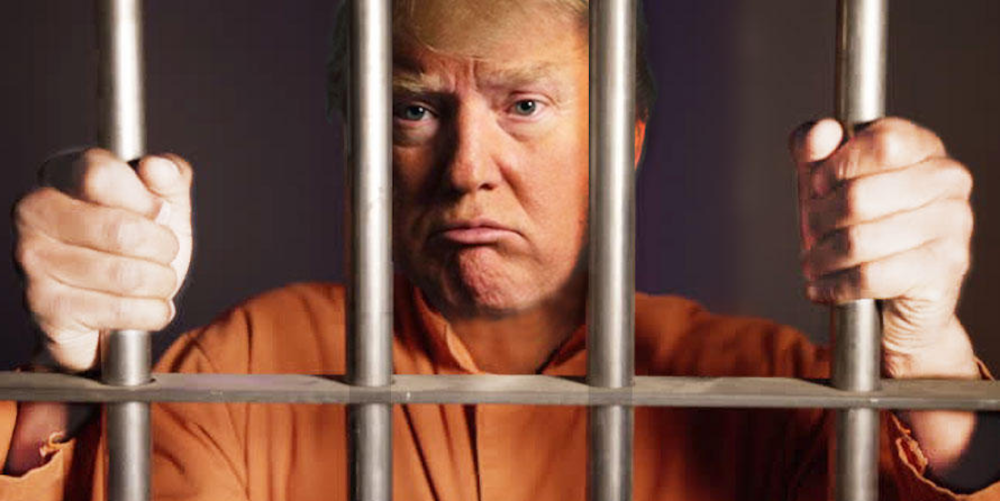
Summary
In August 2025, Senator Marco Rubio branded the International Criminal Court a “national security threat,” echoed by Breitbart and Fox News. Yet the ICC exists to hold perpetrators of war crimes accountable when national courts fail. Mischaracterizing the court fuels fear and erodes trust in international justice. This editorial challenges partisan narratives by insisting on factual context and by defending accountability as central to both U.S. credibility and global human rights.